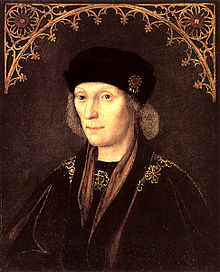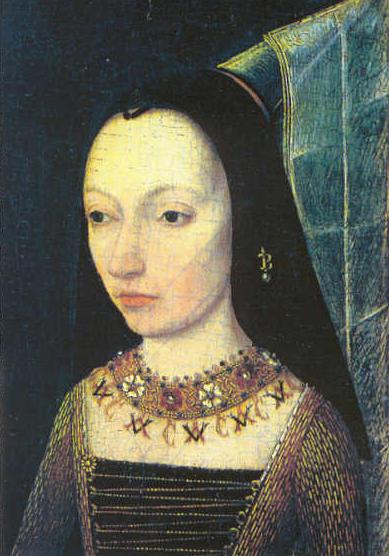The Mischief-Maker
James IV: Using Perkin Warbeck to Embarrass Henry VII
Chapter 2 : The Backstory
He had been born, so he later claimed, Pierrechon de Werbecque in Tournai, in the French-speaking part of Flanders and was perhaps a year younger than his host. His exact age, like his true identity, remains something of a mystery. The information he gave about himself may have been extracted under duress and it is difficult to know how much of it is accurate.
What is certain is that he had first come to public attention on the streets of Cork in Ireland in 1491, when he came ashore from the vessel of his employer, the Breton merchant Pregent Meno, a dealer in textiles. Then aged about seventeen, he appears to have been used as a kind of walking advertisement for the fine silks and satins in which Meno traded. Clearly, he had the confidence and presence of a model and people began to speculate as to who he really was.

Soon the gossip reached the ears of two of the many Yorkist sympathisers based in Ireland, a country which had always been uneasily ruled by England and was a natural base for malcontents. For the Devonian merchant, John Taylor, and Cork's former mayor, John Atwater, the boy represented a marvellous opportunity to further their ambitions. To them, Henry VII was a usurper and the Yorkist cause was far from lost.
A personable young man, good at acting, as Perkin clearly was, could be transformed into someone of dazzling significance. Since there was no firm evidence as to the fate of the sons of Edward IV, who had disappeared into the Tower of London in the summer of 1483, never to be seen again, why should Perkin not take on the identity of Richard, Duke of York, the younger of the two?
The choice of identity was a shrewd one, since it would probably have been more difficult to pass Perkin off as Edward V himself. Carefully trained, this versatile, much-travelled and well-educated Fleming could at the very least be a thorn in the side of Henry VII and perhaps oust the Tudor altogether. There was every reason to suppose that, in the uncertainties of late fifteenth century international affairs, he would find backers.

Perkin was evidently a quick learner, both of English and of the identity he was now to inhabit. Schooled by Stephen Fryon, Edward IV's French secretary, letters were being sent out in his new name as early as February, 1492, to the Emperor Maximilian of Austria and to 'Richard Plantagenet's' aunt, Margaret of Burgundy.
It was, however, in France that Perkin's diplomatic advantage was first appreciated.War broke out with England early in 1492 and the French, unwilling to leave this potential bargaining chip to an unclear future in Ireland, sent a small fleet of vessels to bring Perkin and his backers to Normandy and thence to the court of King Charles VIII, where he had his first taste of royal approval. It was to be short-lived.
